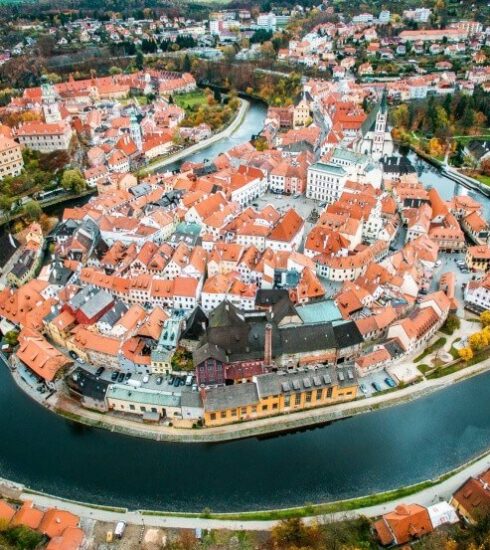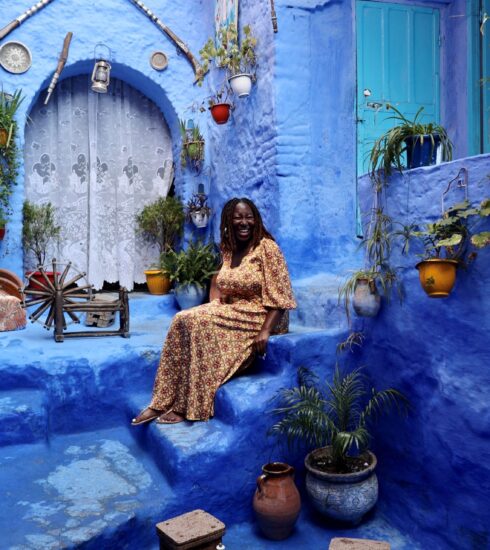6 Reasons Why Drinking on a Plane Can be Bad For You
Drinking is often used as a means of relaxation by passengers on stressful flights. But there are a few downsides to drinking while flying. The following six reasons may make you reconsider your decision to have a cocktail while flying.
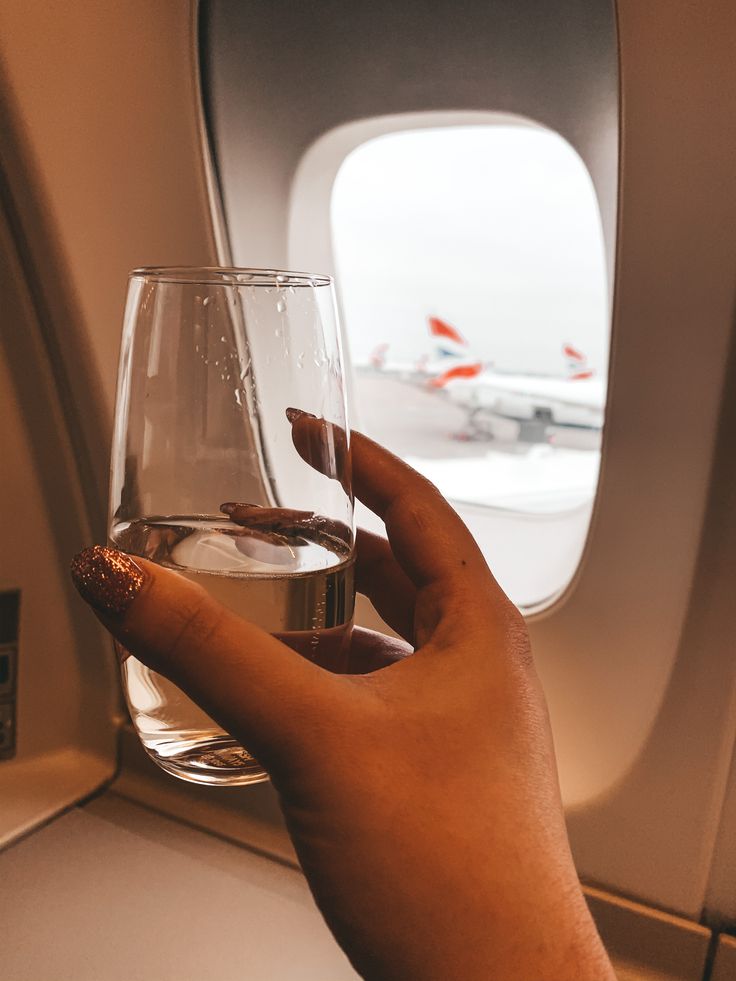
(1) DEHYDRATION
The pressurized cabins of airplanes have significantly lower humidity levels than what we experience on the ground. Dehydration may result from the dry air. Because it is a diuretic, alcohol increases the frequency of urination. The combination of alcohol’s drying properties and the already low humidity can make you feel uncomfortable and dehydrated. To stay hydrated, you may need extra water.
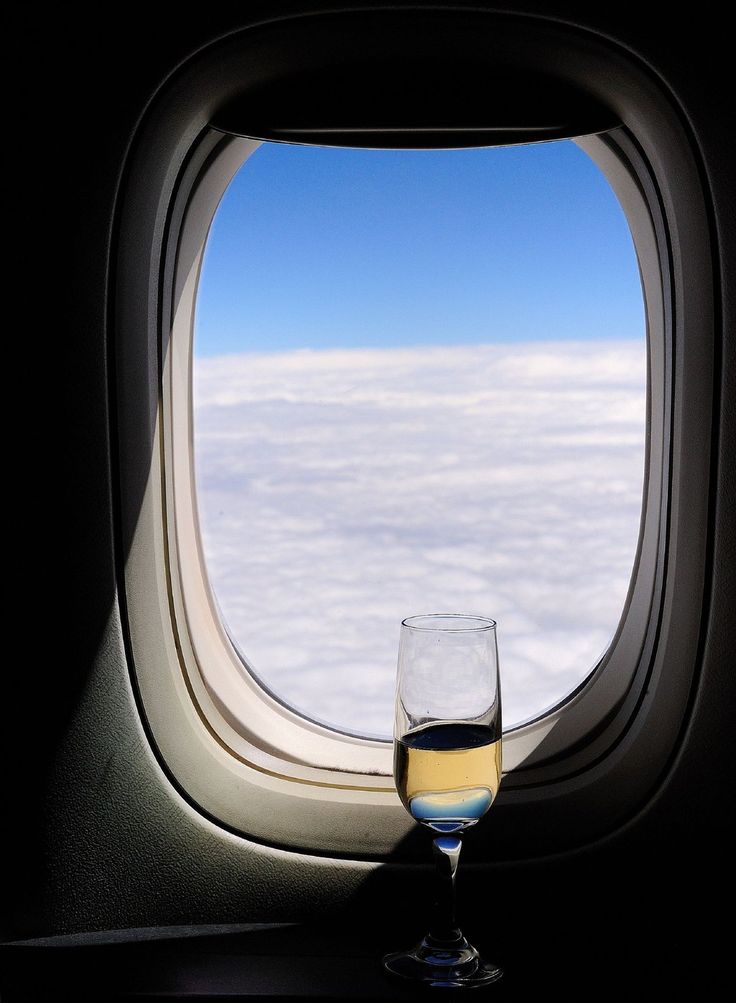
(2) INCREASED EFFECTS OF ALCOHOL
The body absorbs alcohol more quickly at higher elevations. This implies that the same amount of alcohol consumed in the air will affect you more strongly than it would on the ground. Even one or two drinks could make you feel intoxicated or tipsy. This heightened sensitivity may cause dizziness, lightheadedness, or unsteadiness, which is not good in a confined area such as an airplane.

(3) POOR SLEEP QUALITY
Many believe they can sleep better on an airplane if they have a drink. Alcohol lowers the quality of your sleep, even if it may initially make you feel sleepy. Drinking disrupts your sleep cycles, making your sleep lighter and less peaceful. The beginning of your trip could be ruined if you find yourself waking up a lot or feeling sleepy when you land.

(4) DIGESTIVE ISSUES
Alcohol can be particularly hard on the digestive system in an enclosed space like an airplane. It may cause discomfort, bloating, or even nausea by irritating the lining of your stomach. Alcohol and aircraft cuisine, which is sometimes laden with salt and preservatives, can exacerbate these stomach problems. Your flight may become far less enjoyable as a result of this discomfort.

(5) INCREASED RISK OF JET LAG
On cross-border flights, jet lag is a prevalent problem that can be exacerbated by alcohol. Your body’s natural clock is thrown off when you drink, and you may become more dehydrated, which makes your jet lag symptoms worse. When attempting to adapt to a new time zone, drinking may hinder your body’s ability to adjust, causing you to feel fatigued and confused for an extended period of time.

(6) IMPAIRED JUDGEMENT
Your judgment and coordination will be impaired by alcohol, which could be dangerous in an emergency. Serious situations are uncommon, but when they do occur, it’s critical to be able to think clearly and respond swiftly. Being intoxicated can make you make bad decisions, like picking fights or acting inappropriately, even in non-emergency situations. These actions can be embarrassing or possibly land you in trouble with airline staff.
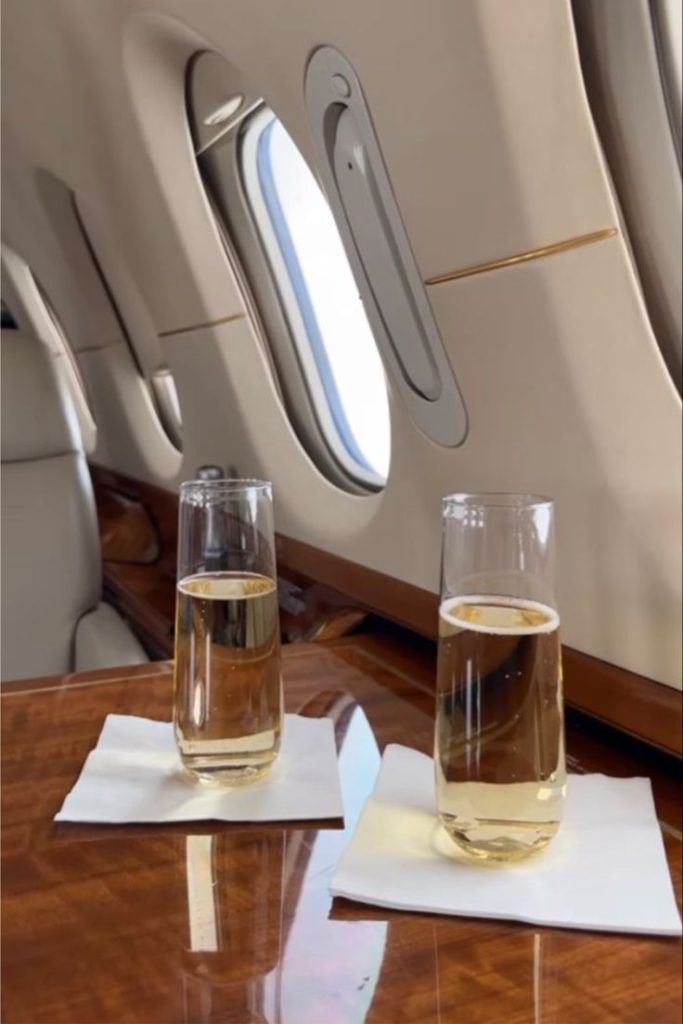
CONCLUSION
The possible drawbacks of drinking while flying should be taken into account, even though it could seem like a nice way to unwind. It is possible for dehydration, alcohol’s stronger effects, poor sleep, stomach problems, increased jet lag, and impaired judgment to make your travel less enjoyable and even dangerous. You may want to consider drinking water or a non-alcoholic beverage instead of alcohol the next time you fly. Your body will thank you.

Dorcas Akintoye is a versatile writer with a passion for beauty, fashion, relationships, and culinary delight. With a keen eye for detail and a passion for storytelling, she adds a touch of elegance to every topic she explores. She is a writer at THEWILL DOWNTOWN.




